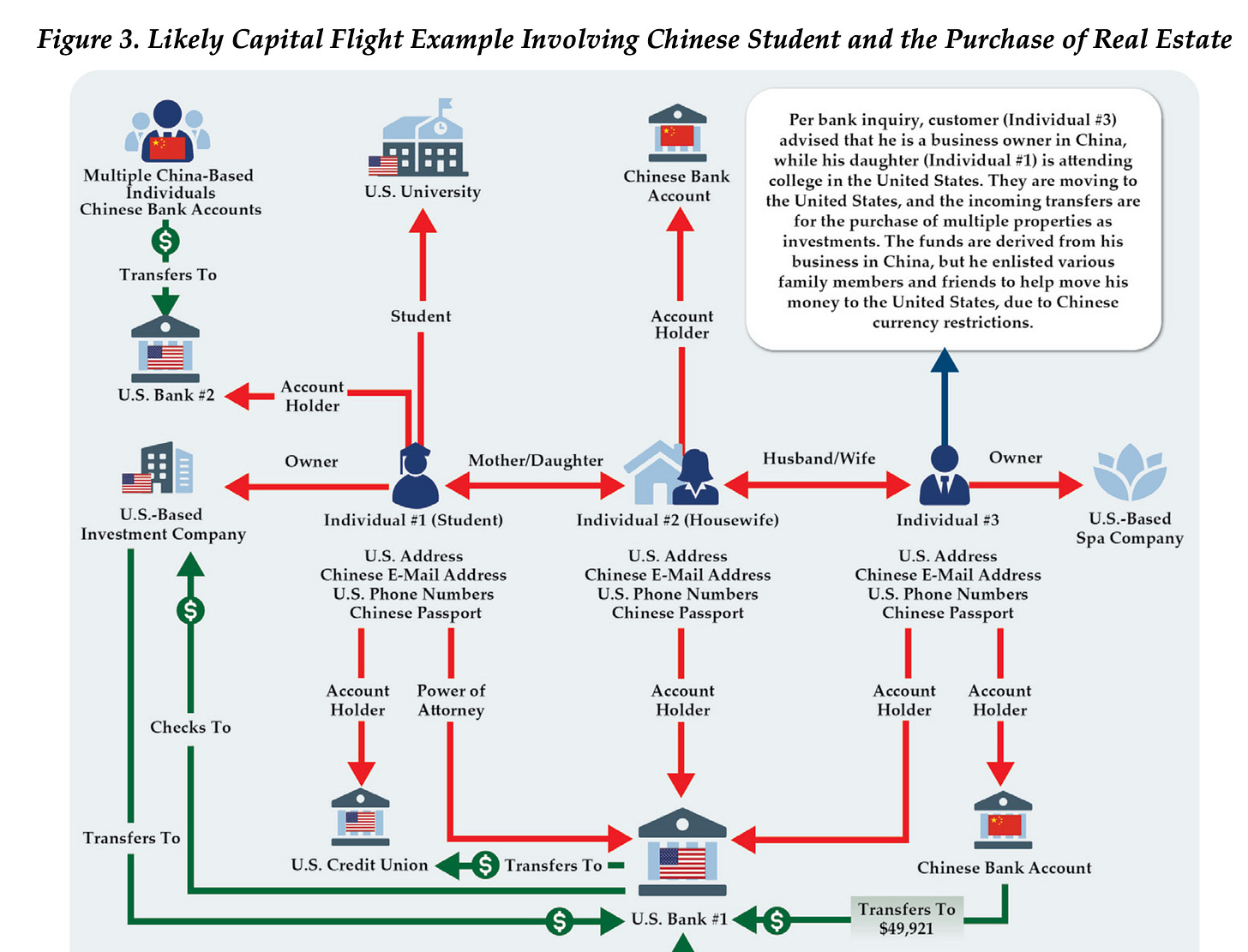U.S. Treasury Warns of $312 Billion in Chinese Laundering For Mexican cartels
FinCEN says Chinese networks moving billions for Mexican cartels also push illicit cash through U.S. real estate, elder care centers, and human trafficking schemes.
WASHINGTON — The U.S. Department of the Treasury issued a stark warning Thursday that Chinese money laundering networks have become a primary engine driving Mexico-based drug cartels’ expansion into …




